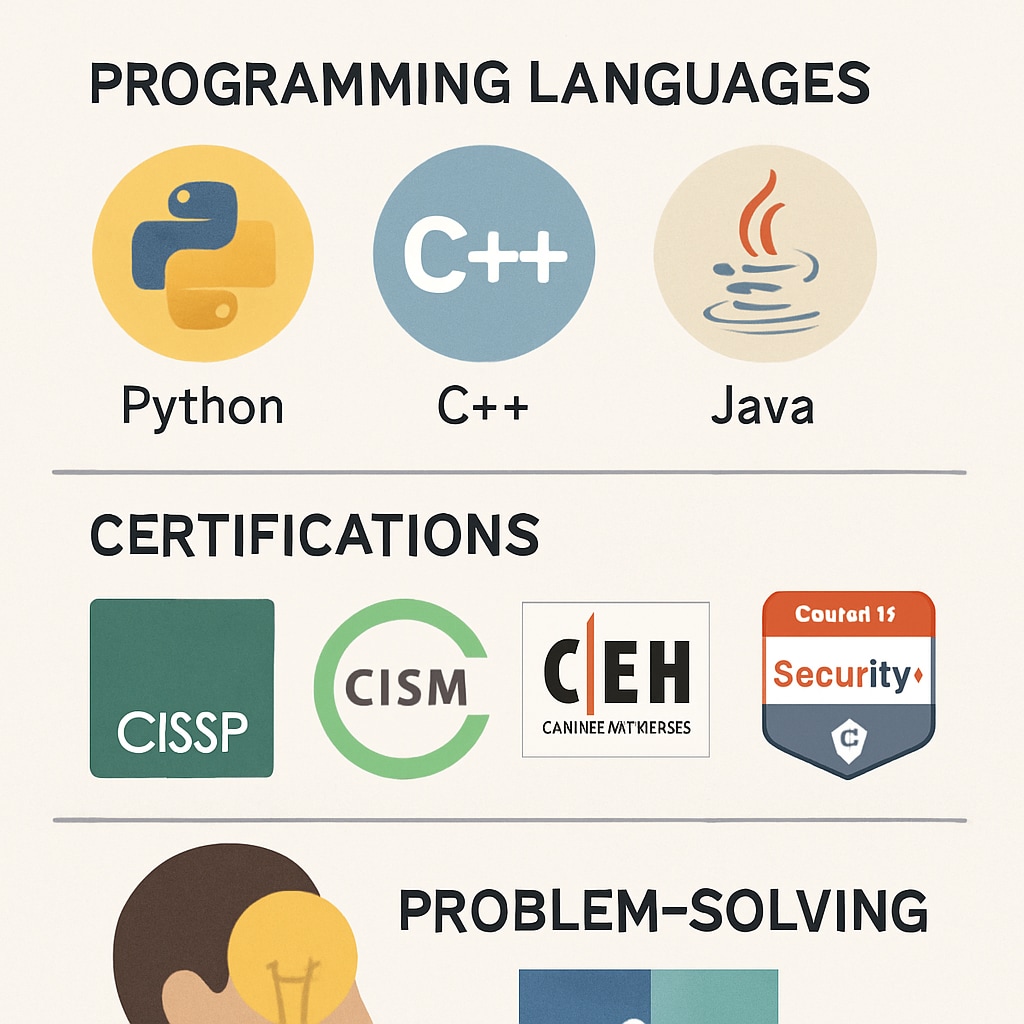University reputation plays a significant role in shaping students’ career prospects across various industries, including the fast-growing field of cybersecurity. For many, the name of a prestigious institution on a resume can open doors to interviews and networking opportunities. However, when it comes to cybersecurity, a domain that relies heavily on technical expertise and problem-solving skills, does university prestige outweigh individual capabilities? This article dives into the relationship between university reputation and cybersecurity career opportunities, examines the factors employers prioritize, and offers actionable advice for graduates from non-elite schools to thrive in this competitive field.

Does University Prestige Really Matter in Cybersecurity?
It’s undeniable that attending a top-tier university can provide advantages. Prestigious institutions often offer access to cutting-edge research facilities, well-funded cybersecurity programs, and strong alumni networks. According to a study on university rankings, graduates from elite schools tend to secure interviews more easily, as recruiters may associate the institution’s reputation with the candidate’s potential.
However, cybersecurity is a field that places immense value on practical skills and certifications. Employers frequently emphasize a candidate’s ability to demonstrate proficiency in areas like network defense, ethical hacking, and incident response over their alma mater. For instance, certifications like CompTIA Security+, Certified Information Systems Security Professional (CISSP), and Certified Ethical Hacker (CEH) are often considered more indicative of a candidate’s capabilities than the name of their university.
In short, while university prestige might help you get your foot in the door, it is your technical expertise that will determine whether you succeed once you’re inside.
What Do Employers in Cybersecurity Value Most?
Cybersecurity employers prioritize a combination of technical skills, hands-on experience, and soft skills. Here are some specific attributes they look for:
- Technical Skills: Proficiency in programming languages (e.g., Python, C++), cryptography, and system administration is essential. Employers also value knowledge of penetration testing tools and cybersecurity frameworks.
- Certifications: Industry-recognized certifications, such as CISSP or CEH, often carry more weight than a degree from a prestigious university.
- Work Experience: Internships, freelance projects, or contributions to open-source cybersecurity initiatives demonstrate practical expertise.
- Problem-Solving Abilities: The ability to think critically and respond to complex security threats is crucial.
- Soft Skills: Effective communication, teamwork, and adaptability are equally important, especially when collaborating with non-technical stakeholders.
As a result, graduates from lesser-known universities can compete effectively by building a robust portfolio of skills and experience.

Strategies to Succeed Without a Prestigious University Degree
Graduating from a non-top-tier university does not have to be a hurdle in your cybersecurity career. Here are actionable strategies to enhance your employability:
- Earn Relevant Certifications: Invest in certifications that showcase your expertise. Certifications like CEH, CISSP, and Security+ are well-regarded in the industry.
- Build a Strong Portfolio: Develop and showcase projects that demonstrate your skills. For example, create a GitHub repository with scripts or tools you’ve developed for cybersecurity tasks.
- Gain Practical Experience: Seek internships, freelance opportunities, or participate in cybersecurity competitions like Capture the Flag (CTF) events.
- Network Effectively: Attend industry conferences, join online forums, and connect with professionals on LinkedIn to expand your network.
- Stay Updated: Cybersecurity is a rapidly evolving field, so staying informed about the latest threats and technologies is critical.
By focusing on these strategies, you can level the playing field and position yourself as a strong candidate, regardless of your university’s reputation.
Conclusion: Skills Over Prestige
While university reputation can provide an initial advantage, the cybersecurity industry ultimately values skills, experience, and certifications above all else. Employers are more interested in what you can do than where you studied. By focusing on skill development, gaining practical experience, and earning relevant certifications, graduates from any university can build a successful cybersecurity career. Remember, in this ever-evolving field, continuous learning and adaptability are your greatest assets.
Whether your degree is from a renowned institution or a lesser-known school, your future in cybersecurity is determined by the effort you invest in building your expertise and proving your value to potential employers.


